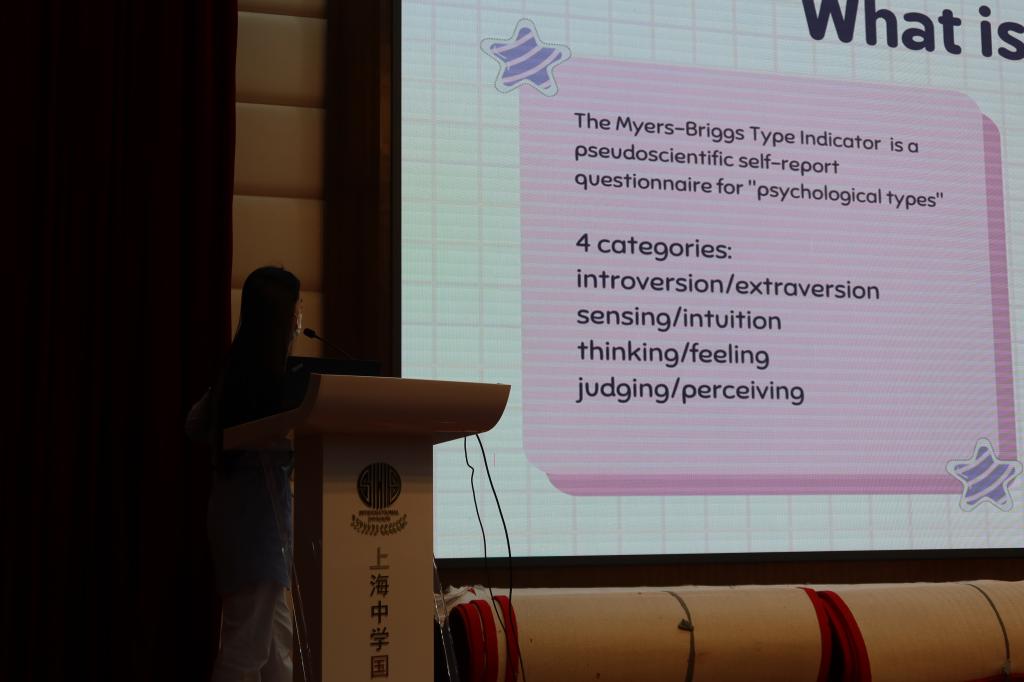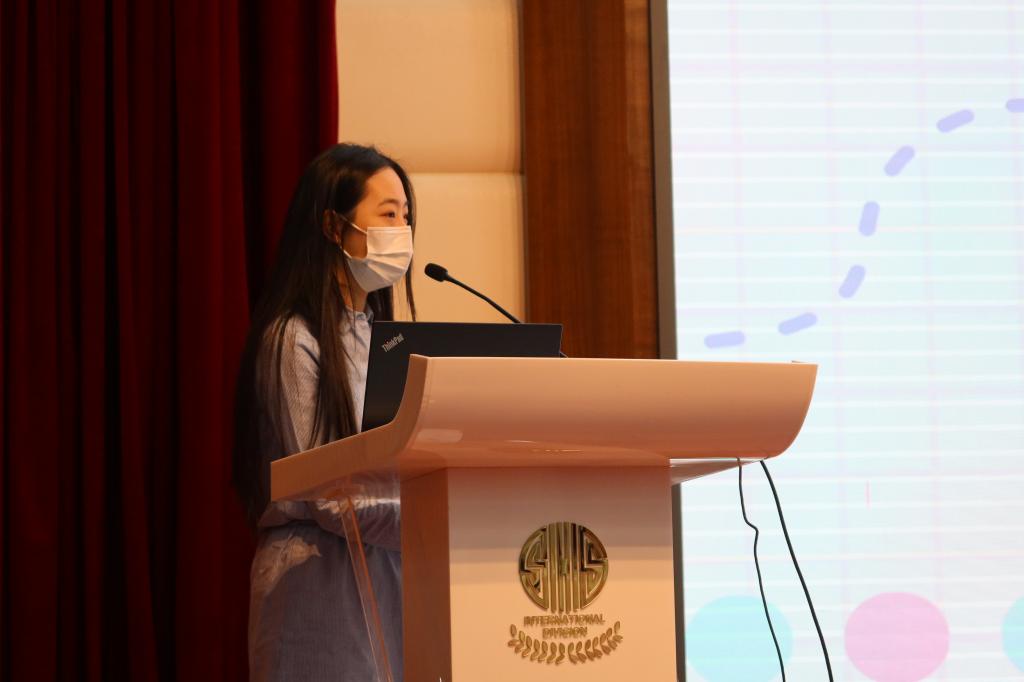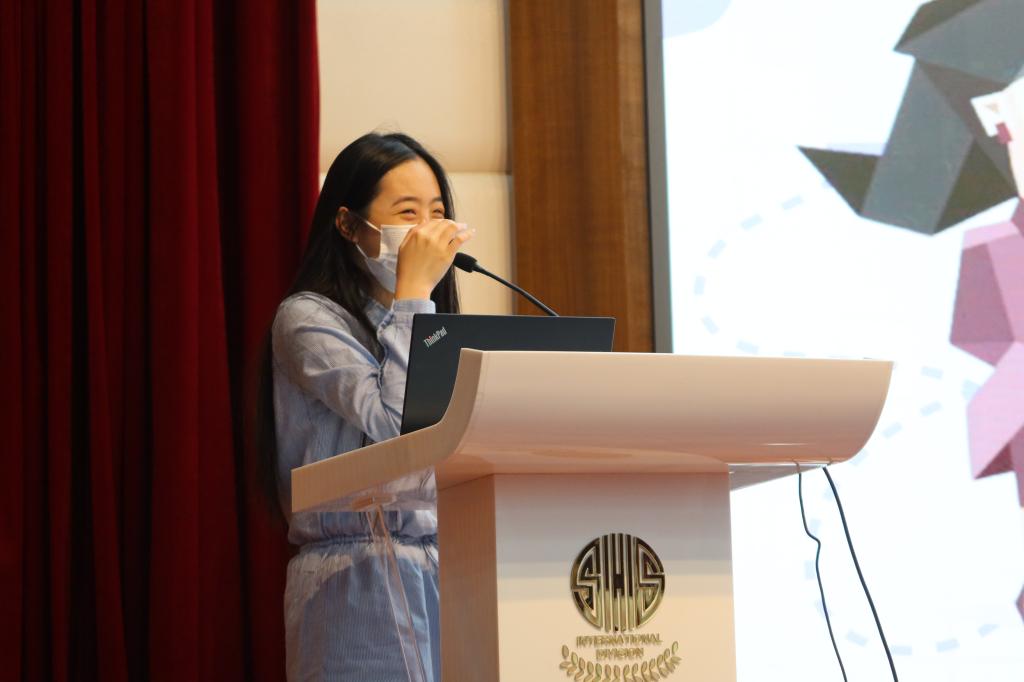-
ABOUT US
-
ACADEMICS
Curriculum Program
Departments
- English
- High School Chinese
- Primary and Junior School Chinese.
- High School Mathematics
- Middle School Mathematics
- Primary School Mathematics
- Music and Fine Arts
- Physical Education
- Physics
- Chemistry
- History and Geography
- Physical Science and Optional courses Department
- Middle School Biology
- High School Biology
- Social Sciences
- Computer Science
- Courses in Primary School
Achievements and Matriculations
College Counseling
Science & Technology Innovation Contest
Subject Competition
-
ARTS
-
ATHLETICS
-
AT SHSID
SHSID ∣ TIMES
PTSA
Club Exhibition
- 龙吟社
- Live 2 Drama
- Choir
- Hip-pop Dance Club
- The Primary School Dance Troupe
- Symposiums Club
- Biology Workshop
- You Shan
- VEX Robotic
- Peking Opera Club
- Baseball Club
- Model United Nations
- The World Scholar’s Cup
- Future Problem Solving Club
- United States Academic Pentathlon
- OM Club
- AMC Club
- Music for Patients
- SHSID Gazette
- Smile Charity
- Cultural Moments
- SciAcademy
- Stem Doge Alliance
- Chinese Debate Club
- IAA
- Mock Trial Club
- Zhengming Club
- Art-to-zine
- Bananaheads
- Electronics
- Furry Friends
- GT-Racing
- MCG Philharmonics
- Village Radio
- IMMC Club
- Creative Design and Intelligent Fabrication
- Future City Research Project
- ECOCAP
- AdvocaSEA
- SPDC
- Medishine
- Floorball Club
- Animusic MTC
- Wings Up
Health and Wellness
Campus Safety
Cafeteria Service
-
ADMINISTRATION
-
ADMISSIONS
-
ALUMNI
Alumni Information
Honors Students
- Class of 2025
- Class of 2024
- Class of 2023
- Class of 2022
- Class of 2021
- Class of 2020
- Class of 2019
- Class of 2018
- Class of 2017
- Class of 2016
- Class of 2015
- Class of 2014
- Class of 2013
- Class of 2012
- Class of 2011
- Class of 2010
- Class of 2009
- Class of 2008
- Class of 2007
- Class of 2006
Who Studied at SHSID
SHS Foundation
-
DOCUMENTS
Grade 12 Assembly: Discussion on Myers-Briggs Type Indicator (MBTI)
On April 7, senior student Demi took the stage to discuss the Myers-Briggs Type Indicator (MBTI), a widely-recognized tool that sorts individuals into 16 distinct personality types. These types are determined through four dichotomies: introversion/extraversion, sensing/intuition, thinking/feeling, and judging/perceiving. Despite the MBTI's popularity, its scientific foundation and relevance to occupational success remain contentious topics.

During the presentation, Demi brought to light several critical concerns surrounding the MBTI. A primary issue is the lack of formal psychological education for its developers, which casts doubts on the tool's scientific credibility. Moreover, Demi pointed out that, contrary to the MBTI's binary classification system, modern psychology views personality traits as existing on a continuum. This perspective raises questions about the MBTI's accuracy, especially considering that studies have reported that a significant percentage of individuals receive differing results upon subsequent assessments. The discussion also covered the potential for self-fulfilling prophecies, suggesting that individuals might inadvertently confine themselves within the boundaries of their designated MBTI type.

In the end, Demi emphasized the MBTI's role as a thought-provoking framework for self-reflection rather than a definitive guide to people's personalities or future success. With critical analysis and an open mind, everyone can appreciate the MBTI for its insights while also acknowledging its limitations.

(Written by 12-8 Jennifer Suh Pictures by SHSID Media Group Edited by 12-10 Fei Xiao, 12-5 Elizabeth Xu, Supervised by Yueer Gao Reviewed by Qian Zuo)